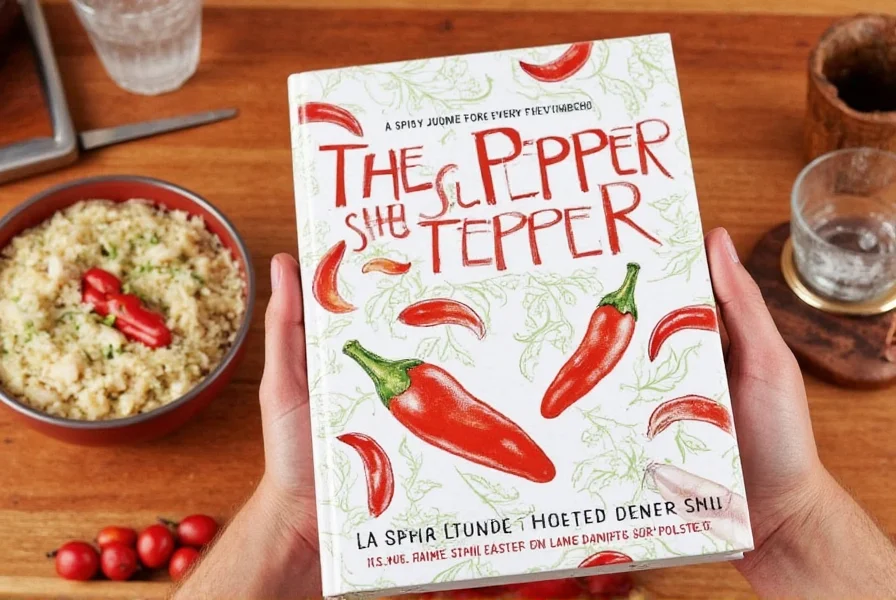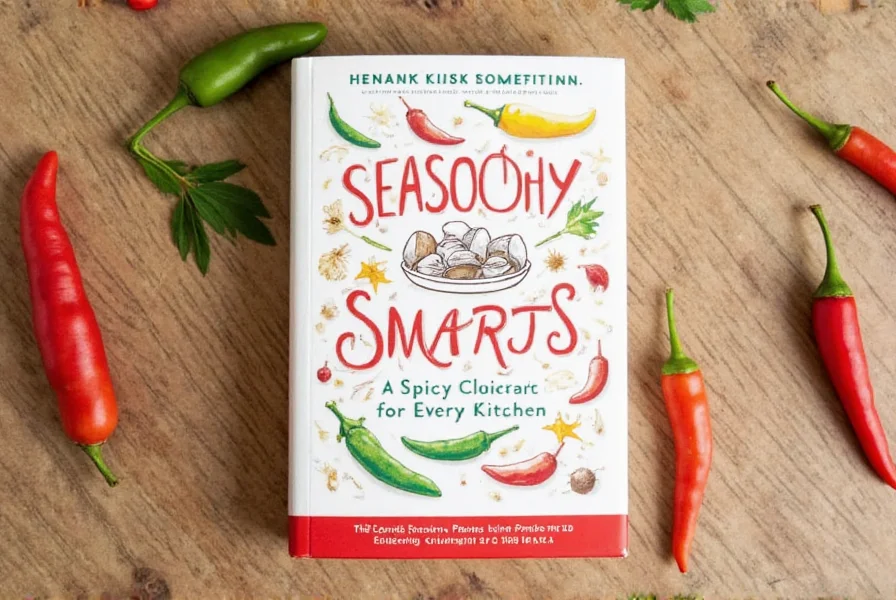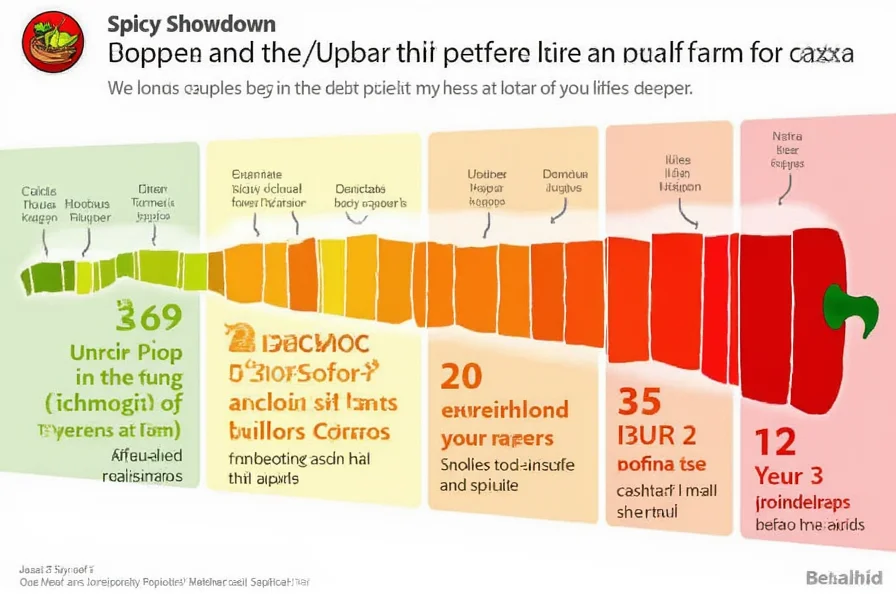Table of Contents
Introduction to Pizza Seasoning
When people search for "pizza beans," they often mean pizza seasoning—a blend of herbs and spices used to flavor pizza. Contrary to the term, there is no such thing as "pizza beans." This guide explains what pizza seasoning is, how to use it, and clarifies common misconceptions. Understanding the correct terminology ensures you get the right ingredients for delicious pizza.
What Is Pizza Seasoning?
Pizza seasoning is a standardized blend of dried herbs and spices designed specifically for pizza. It typically includes oregano, basil, garlic powder, onion powder, and red pepper flakes. Unlike beans, which are legumes used as toppings, pizza seasoning is a dry spice mix that enhances flavor without adding moisture. It is not a single ingredient but a carefully balanced combination for authentic pizza taste.
| Spice | Flavor Profile | Best For |
|---|---|---|
| Oregano | Earthy, Bitter, Aromatic | Pizza, Pasta, Mediterranean Dishes |
| Basil | Sweet, Herbal, Slightly Peppery | Pizza, Pasta, Salads |
| Garlic Powder | Savory, Pungent | Many Dishes, Especially Italian and Asian Cuisines |
| Red Pepper Flakes | Spicy, Warm | Pizza, Sauces, Italian Dishes |

Why Pizza Seasoning Matters in Cooking
Pizza seasoning is essential for achieving authentic pizza flavor. Its balanced blend enhances the tomato sauce, complements cheese, and adds depth without overpowering other ingredients. Unlike individual spices, the pre-mixed blend ensures consistent results, making it ideal for home cooks and professionals alike. It also saves time by eliminating the need to measure multiple spices separately.

Practical Tips for Using Pizza Seasoning
Mastering pizza seasoning requires understanding its properties. Here are 5 essential tips for flavorful cooking:
- Add Early for Depth: Sprinkle seasoning on the pizza sauce before adding cheese to allow flavors to meld during baking.
- Toast for Intensity: Lightly toast the seasoning in a dry pan for 30 seconds to release oils and intensify aroma before use.
- Use Sparingly: Start with 1 teaspoon per pizza; too much can make the dish bitter. Adjust based on personal preference.
- Pair with Fresh Ingredients: Combine with fresh basil or oregano for a brighter finish. Avoid mixing with wet ingredients like sauces to prevent clumping.
- Experiment with Varieties: Try different brands or homemade blends. Some include fennel for sweetness or smoked paprika for depth.
Buying Guide: Choosing the Right Pizza Seasoning
When selecting pizza seasoning, prioritize quality and authenticity. Here's a detailed guide to help you make an informed decision:
Types of Pizza Seasoning
Pizza seasoning comes in various formulations, each suited for different preferences:
- Classic Italian Blend: Features oregano, basil, and garlic as the base. Ideal for traditional Margherita or pepperoni pizzas.
- Spicy Variation: Includes extra red pepper flakes or cayenne. Perfect for those who enjoy heat in their pizza.
- Herb-Forward Mix: Higher basil and parsley content. Best for white pizza or vegetable toppings.
Features to Look For
When buying pizza seasoning, consider these key factors for optimal quality:
- Freshness: Look for vibrant color and strong aroma. Avoid products with clumping or dull appearance, which indicate age.
- Ingredient Transparency: Reputable brands list all ingredients clearly. Avoid blends with fillers like maltodextrin or artificial flavors.
- Origin: High-quality seasoning often comes from regions like Italy or California, where herbs are grown for culinary use.
- Form: Powdered blends are most common, but some come as coarse-ground for texture. Powdered is best for even distribution.

Recommended Products
Here are top-rated pizza seasoning options based on professional reviews:
- Brand A Classic Italian: Authentic blend with 100% natural herbs. Ideal for beginners. Available in 2-ounce jars.
- Brand B Spicy Blend: Contains 15% more red pepper flakes. Perfect for heat lovers. Ideal for pepperoni or sausage pizzas.
- Brand C Organic Herb Mix: USDA-certified organic. Best for health-conscious cooks. Includes dried basil and oregano.

Use Cases and Target Audience
Pizza seasoning is versatile and suitable for various users:
- Home Cooks: Simplifies pizza-making with consistent flavor. Great for weeknight dinners.
- Chefs and Restaurants: Ensures uniform taste across batches. Ideal for high-volume pizza production.
- Food Enthusiasts: Encourages experimentation with different pizza styles. Perfect for customizing recipes.
Suitable Occasions
Pizza seasoning enhances many scenarios:
- Family Dinners: Elevates homemade pizza nights with professional flavor.
- Parties and Gatherings: Impress guests with restaurant-quality pizza.
- Meal Prep: Use in sauces, dips, or roasted vegetables for extra flavor.

Frequently Asked Questions
What exactly are pizza beans?
There is no such thing as "pizza beans." This is a common misconception. The term likely refers to pizza seasoning—a blend of dried herbs and spices. Beans are legumes used as toppings (e.g., black beans on pizza), but they are not part of standard pizza seasoning.
Can I substitute regular beans for pizza seasoning?
No. Beans and pizza seasoning serve completely different purposes. Beans are wet, protein-rich toppings, while pizza seasoning is a dry spice blend. For bean toppings, use cooked black beans or chickpeas. For seasoning, use a pre-mixed blend or create your own from oregano, basil, and garlic powder.
Where can I find authentic pizza seasoning?
Authentic pizza seasoning is available at grocery stores (in the spice aisle), specialty food shops, and online retailers like Amazon. Look for brands that clearly label "pizza seasoning" and list natural ingredients. Avoid products claiming to be "pizza beans"—they are mislabeled.
How spicy is pizza seasoning?
Pizza seasoning varies by blend. Classic versions have mild heat (similar to black pepper), while spicy variants include red pepper flakes for noticeable warmth. Always check the ingredient list for heat levels. Most standard blends are not overly spicy.
What's the best way to store pizza seasoning?
Store in an airtight container away from light and heat. Properly stored, it retains flavor for 6-12 months. Refrigeration extends freshness. Avoid humid environments, as moisture causes clumping and flavor loss.
Are pizza seasonings suitable for vegetarians and vegans?
Yes, authentic pizza seasoning is plant-based and vegan-friendly. Always check labels for additives like dairy-based ingredients in some blends, but pure herb mixes contain no animal products.
Conclusion
In summary, "pizza beans" is a misnomer—there are no such ingredients. Instead, pizza seasoning is the correct term for the essential spice blend used on pizza. By understanding this distinction, you can choose authentic products and elevate your cooking. Whether you're a home cook or professional chef, using quality pizza seasoning ensures delicious, consistent results. Always verify ingredient labels to avoid misinformation, and enjoy creating perfect pizzas with the right flavors.











 浙公网安备
33010002000092号
浙公网安备
33010002000092号 浙B2-20120091-4
浙B2-20120091-4